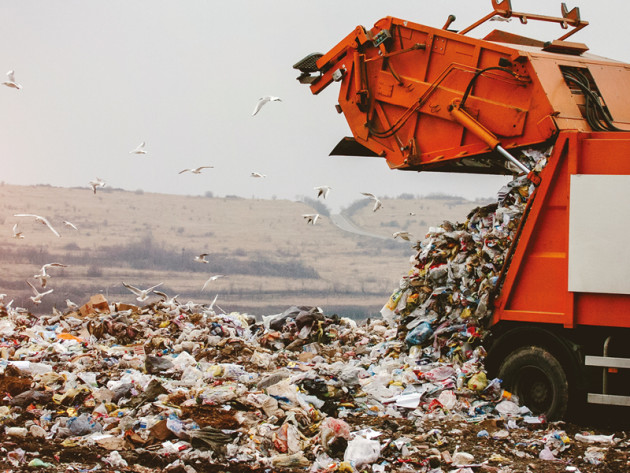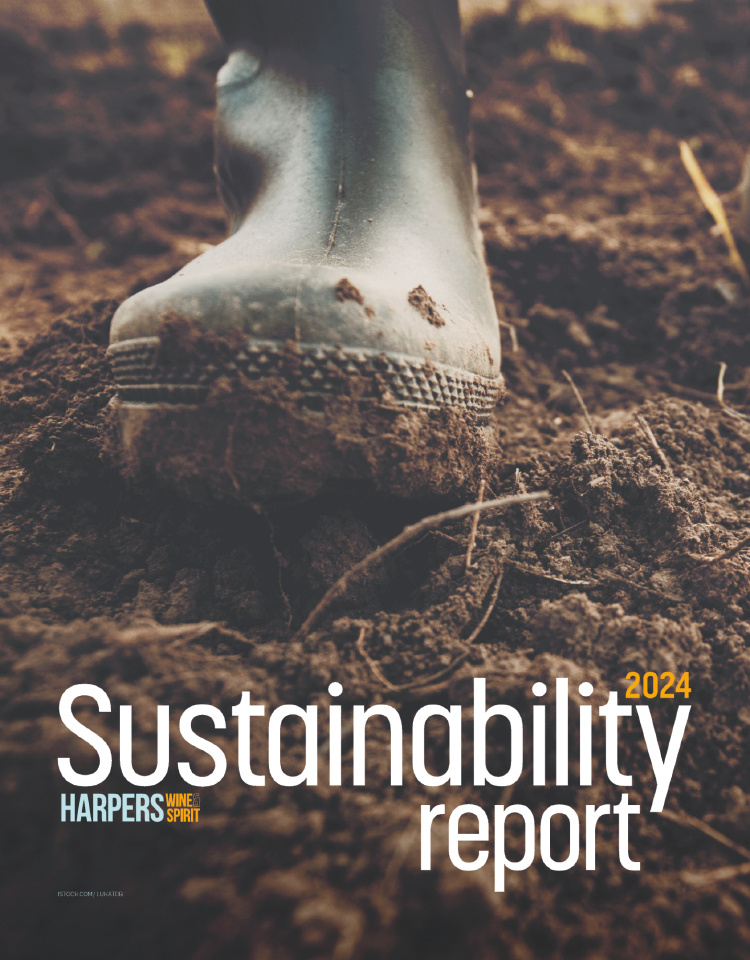
Soapbox: Is keg wine a blessing or a curse?
As an experienced wine consultant specialising in the on-trade, Neil Bruce – aka wine margin optimiser at Studio Alto – turns his sights to the good, the bad and the ugly when it comes to the keg-versus-bottle ‘green’ debate.
Keg, or draught, wine is pushed pretty hard by some distributors. Typically it’s supplied in 20-litre plastic kegs and dispensed via a tap, like beer. Speed of serve and zero wastage are major selling points, but a big plank of the pitch – selling the sizzle – is the environmental benefits compared with glass bottles.
↓
The good news
Keg wine quality is much better now than it used to be (albeit the bar was initially quite low). Importing and shipping kegs is better (lower carbon footprint) than shipping the equivalent volume in glass bottles. And in theory, at least, all plastic kegs can be recycled. It is a quick and ‘trendy’ way to serve wine (although the latter point is debatable). In addition, keg wine retains its freshness better than an open bottle of wine – for wine by the glass. The latter does, however, make a number of assumptions (probably fair overall, sadly) about how well, or not, sites manage bottles of wine by the glass, once they have been opened.
↓
The less good news
On-site someone needs to be competent enough to taste each new keg, to ensure it matches up with the previous and doesn’t have any quality control issues or problems – much like offering tasting samples to guests at the table, before serving their wine. Quality can vary by keg, especially for semi-sparkling fizz/frizzante.
↓
The bad news
In practice hardly any plastic kegs get recycled after use. Therefore each keg is effectively single-use plastic, which will end up in landfill or being incinerated once empty. And who wants to be part of – ultimately – bringing more single-use plastic into the world these days, most or all of which will be tipped into landfill sites or go for incineration?
As a result of this (time to really climb on to the soapbox) I have a real beef with wine distributors who actively ‘push’ wine kegs at hospitality customers, as if kegs are some sort of holy grail of sustainability. “Look at how easily they can be collapsed after use, by using the keg key. Look at how ‘green’ they are, fully recyclable,” etc.
Such pronouncements completely ignore the fact that, at the end of the supply chain, post use, most (if not all) kegs become single-use plastics that end up getting dumped or burnt.
↓
Landfill takeaway
Tainted dry recyclables are the likes of your typical cardboard, takeaway pizza box, that you diligently place into your recycling bin after use, feeling good about doing your bit for the planet as you do so. However, if any part that pizza box has oil or tomato or other greasy stains on it, it doesn’t get recycled. It has become what is called ‘tainted dry recyclables’ which gets rejected on the inspection belt at the recycling centre. As a result that pizza box ends up in landfill or being incinerated. Although wine kegs aren’t tainted or dry waste, they do typically end up in the same landfill or incinerator as your soiled pizza box.
People line up to knock the use of glass bottles for wine. Too old-fashioned and traditional (tradition somehow being seen as a bad thing), glass does require significant energy use in its production. And then there’s the secondary costs of shipping or transporting empty bottles from point of production to winery or bottler. But that issue applies to all packaging.
Glass is still one of the most sustainable materials produced. It is 100% recyclable, can be remelted endlessly without reducing its quality and a high percentage of glass bottles are recycled. (Although the deeper you dig into the practicalities of recycling generally, as opposed to the theory, the gloomier the picture becomes – ultimately, we are a very wasteful society.)
I’m not pro-glass for the sake of it, but using glass for wine bottles – and especially in the on-trade – is way better for the planet than using plastic kegs.
Keywords:
- wine
- quality
- Sustainability
- bottles
- plastic
- glass
- recycled
- Glass Bottles
- landfill
- kegs
- keg
- plastic kegs
- wine quality
- wine kegs
- landfill supply chain








